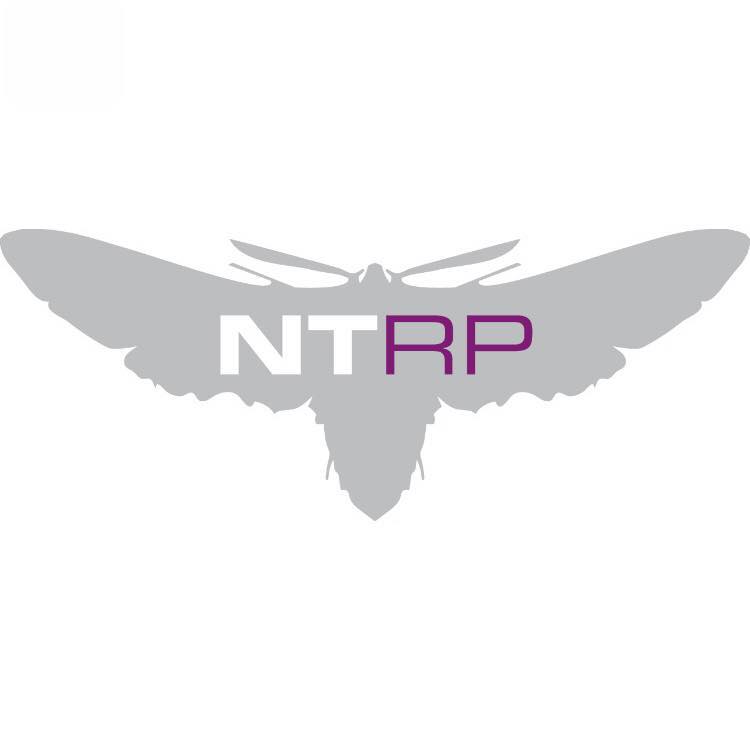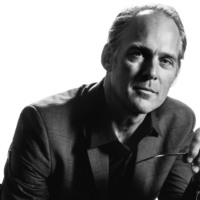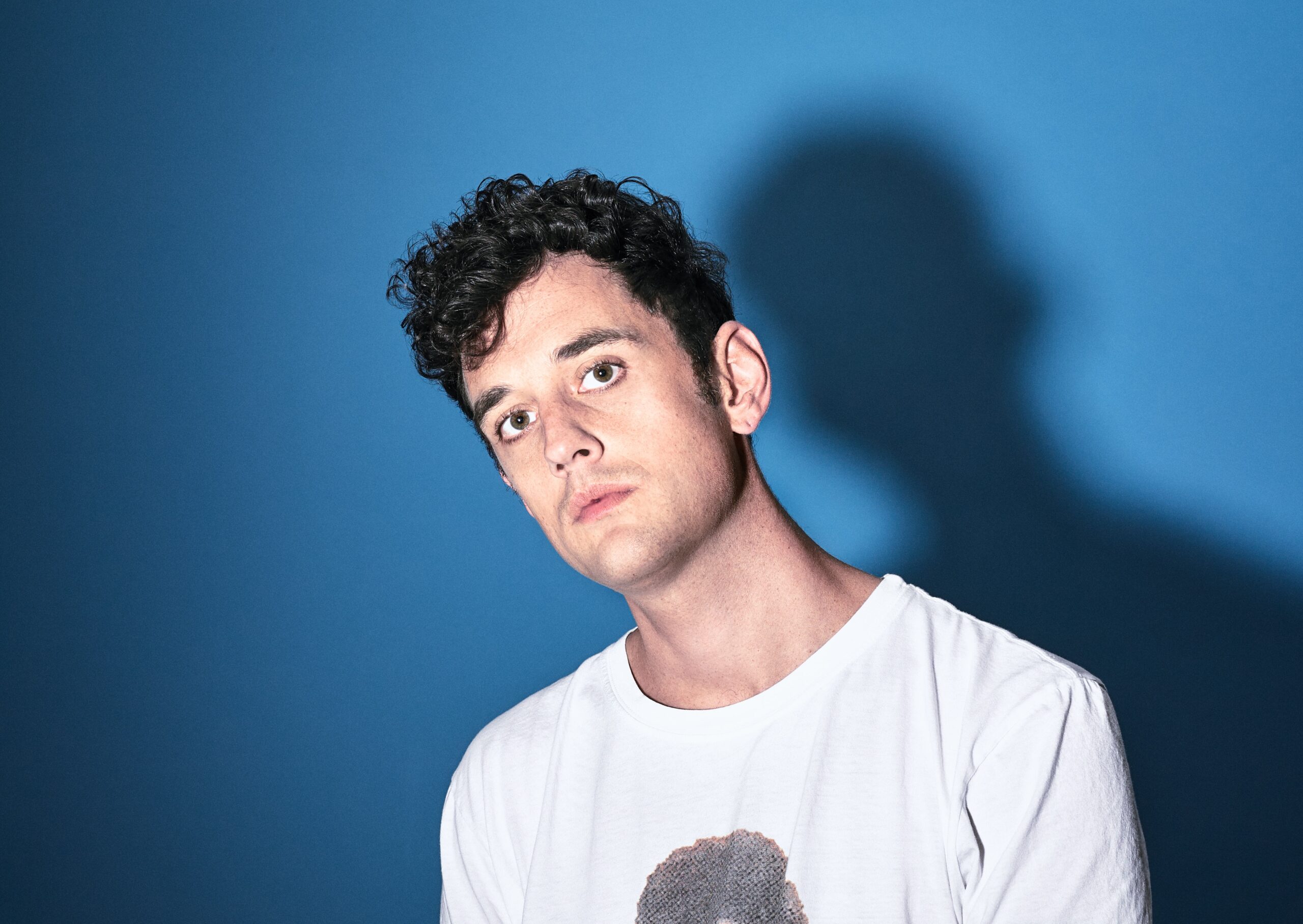Efficient Tour Management
This Interview was originally published in 2015.
Mattie Evans is the founder of Nocturnal Touring & Rooted Productions, a company that provides comprehensive tour and production management to the music and entertainment industry and aims to nurture young talent in the electronic dance and deep house genres worldwide. Mattie got his start as a session and touring drummer, building up his own groups and working with bands including the Stereophonics and others. He eventually turned his focus to band management and began working as a tour assistant on big shows in the UK. Mattie was hired as the international tour manager for the superstar pop band Westlife, with whom he worked for two years. His experience with this band led to work with the well-known dance act Knife Party and prompted him to officially launch his own touring management company, Nocturnal Touring. Throughout his career, Mattie has managed international tours for major acts including Westlife, Rudimental, Gorgon City, Sigma, DJ Fresh and Knife Party. He also recently started the management company After Dark.

Mattie talked about how artists – both main and supporting acts – can efficiently organize tours, book shows and find high-quality tour managers. He also discussed the qualities that successful musicians and touring acts share.
MC:
Thanks so much for taking some time to talk, Mattie. How did you get involved in the music industry?
ME:
A while back, I went to music to improve my drumming technique. I was playing a lot of jazz back then, playing shows and doing session work with some signed bands. I had a lot of bills and was not getting a enough work to make ends meet, so I turned my attention to managing the band I was in. That helped me meet some influential people at shows who got me involved in being a tour assistant on some big shows.
I got my big break doing tour management for a band called Westlife – the UK’s version of NSYNC. I did that for about two years, and it was a fantastic experience. We did six-week tours in Asia and tours all around the UK. We had a crew of 32 people and four buses.
MC:
That must’ve been trial by fire.
ME:
I pretty much got chucked into the deep end. I had done a few big shows and had been on tour with bands like the Stereophonics, but I had never really done anything that big before. But I am a quick learner, and I think the best way to learn sometimes is to be put in the deep end like that and then make some mistakes. When you make mistakes on that scale, you learn from them very quickly. I had a great team around me as well, and they knew my situation. I took over from a friend as well, so he had briefed everyone also. It was kind of like my apprenticeship in the industry and for what I do now.
The pop scene has never really moved me, so after working with Westlife I took a job with a band called Knife Party. It was kind of a weird jump, because they were just starting out, and no one really knew where it was going to go. The fact that I jumped off world tours with one of the biggest bands of that time to work with a dance act that was brand new was like going to the opposite end of the spectrum. It worked out quite well that Knife Party ended up becoming one of the biggest dance act in the world.
MC:
You’ve had great luck with picking winners.
ME:
When I was first working with Knife Party, I was on the road and seeing other DJs and dance acts that weren’t getting looked after in the way I would look after my own clients. I started talking to these acts about who does their advance and tour support, making friends for the first couple years I was working with Knife Party. It snowballed into a situation where people were coming to me, asking me to advance their shows and provide tour management. That’s how Nocturnal grew, and it grew very quickly.
Now, we have full-time staff members and seven tour managers working for us worldwide. We have U.S. tour managers that work for us and a great network there, although our main office is in London.
MC:
A lot of the folks reading this may not be at the point where they are doing bus tours or worldwide tours. What do you feel aspiring artists should know about advancing shows and setting up other tour-related details?
ME:
The starting point is working a couple months ahead on everything. A very busy artist can get really caught up once the shows start creeping up. The main thing I usually do, which has been a great asset for me is that if I have a lot of client shows, I will pre-write the itineraries. For example, if it’s June, I would pre-write all the itineraries for July, etc., etc.
I think also most people do not always pay great attention to detail. Getting all the room keys ahead of time and sending passports, etc. in advance so when you get off a 12-hour flight you don’t have to spend 30 minutes checking in can be an excellent way to prepare. Touring is very taxing, so providing the people traveling with some of the creature comforts so they don’t have to stand around waiting can help a lot. Normally, after I drop the crew and the artist off at the hotel, I meet with the promoter, if it’s a DJ show just to get the accreditation ready just to make the experience easier. When you tour so much, you get very tired, so making travel as seamless and pleasant as possible is best for everyone.
MC:
What are the nuts and bolts of advancing a show? What kinds of questions are you asking a month out?
ME:
Obviously, it depends on the show, but for someone like Gorgon City, for instance, you would start by planning the schedule. If you notice that show needs a VISA, you need to get that squared away two months out. You also need to know which passports you will need and who needs to see them in advance. Normally when I start planning a tour, I get a promoter contact and have a conversation about the logistics of the show. I will ask questions such as, who is the production? Who is the artist liaison? Who is the transportation contact? Once you have that information, you can split up your advance into those sections.
With Gorgon City, we’d be looking to book flights once we have a good idea from the promoter about load-in time and when the band is going to play. You want to lock down flights as soon as possible, as prices for flights involving 12-14 crew members and a band can sometimes go up quickly.
Once I have the flights squared away, I would order the backline I need. If we’re bringing our own backline, I would look into freight costs and what time the freight can get to our destination and delivery fees.
The production advance would involve me asking the stage manager for stage plots, lighting plots and patch lists for lighting as well as video plots. If the artist is not doing their own video, I would send the stage manager the video files and ask for the veejay contact so I can find out who would be controlling it.
I would also want to include what time I want everyone to get picked up from the airport, what time I want to get picked up from the hotel to go to the venue and what time I want to come back from the venue. Once I get all the information from those inquiries, I would send it in a big sheet to the promoter and ask him/her if he is happy with the details. That sheet is how the promoter and I can organize all the details and ensure we’re both working off the same information and the same document.
MC:
What if your act is an opener? Are there essentials to confirm if you’re not the main act?
ME:
Sometimes the openers get a bit of a rough deal. At the moment, our roster is mostly headliners, so we don’t often run into figuring out logistics for opening acts. But I’ve built up my own bands, and my company definitely treats the smaller bands the same as the larger bands.
A smaller artist will not get allocated as much on the rider for line checks and sound checks. You have to pretty much go on immediately. And that can be a problem for a lot of bands. You also are not allowed much load-in time, because the main act takes up most of that time and most of the stage. As a supporting act, you will get some time, but you just don’t carry as much weight as if you were the main act.
But these days, it’s great, because at bigger festivals, especially in the EDM scene, people come at the very beginning and stay until the very end, which means even the smaller acts get a sizable audience to play to. You can’t buy that kind of exposure. I think the live scene at the moment is very healthy.
MC:
What are some important details to pay attention to when it comes to closing a show and settling up? You hear nightmare stories from both artists and promoters. I think it was BB King who insisted on being paid up front and would settle up personally to avoid anything shady from going on.
ME:
Normally what happens now is that most of the shows are settled by the agent up front. There are two types of shows: first, there is a show where the artist gets paid a fixed amount, and the cost of hotels, flights, backline, etc. comes from that amount; then, there is a show where the artist gets flights, hotels, transport and everything else covered. Either of these types of shows are settled ahead of time. The fee is agreed upon by the agent, the artist and the promoter. If the hotel and flights are being covered, I would speak to the promoter so I can book flights. I would also link up my travel agent to the promoter. Hotels would of course be booked locally, so the promoter would be able to easily communicate with the hotel staff.
Gone are the days of actually settling hard shows on the night. I haven’t done it in a very long time.
MC:
I tapped out of that side of the industry way before you did. The most I ever played to was 1,000 or 1,500. But like you, I came into the business side of the industry after being a member of the rhythm section.
You’re working with scores and scores of musicians who are making a living, which puts them in the minority these days when so many are struggling to build sustainable careers. Are there any qualities they share that you feel has contributed to their success?
ME:
I think everyone I work with is definitely just completely obsessed with music. When I’m on tour with bands that are really successful, I notice that they never leave their laptops – they never sleep on planes or buses because they never stop writing, recording, mixing. Everyone has an extreme work ethic and are just always chomping at the bit to move forward and stay on top of the newest sound, trend, etc.
The other thing is, the DJ scene is very different. Everyone in that scene is friends. You go to a show, and everyone wants to share their music with their peers. Everyone is very friendly with each other. I think that’s a great thing.
MC:
Do you have any advice for artists looking to hire a high-quality tour manager?
ME:
The first thing I would do is ask for the tour manager’s resume to see the caliber of the person’s work, background, etc. I also think finding a tour manager with a diverse work experience is really important. I tell people who are trying to get into tour support that it’s OK if your CV has lots of people’s names on it that you worked with for short periods of time. But eventually, people will start wondering why you worked with people for such short periods of time.
If I see a tour manager CV with only four or five artists on it, but that shows a long time spent with each artist, it means they are very good at their job. Not many people would pick up on that.
Also, if I were going to hire a tour manager, I would want to meet up with that person beforehand to gauge their personality traits and general demeanor to make sure it meshes with mine.
MC:
You don’t want to spend massive amounts of time with someone you don’t like.
ME:
You don’t. And being a tour manager now means being with an artist 24 hours per day. You have to be that kind of person who can be around someone for 24 hours without losing patience or getting frustrated. The artist has to feel comfortable with that person, especially since while on the road an artist will be going through lots of emotional highs and lows.
To find out more about Nocturnal visit their website https://www.nt-rp.com









